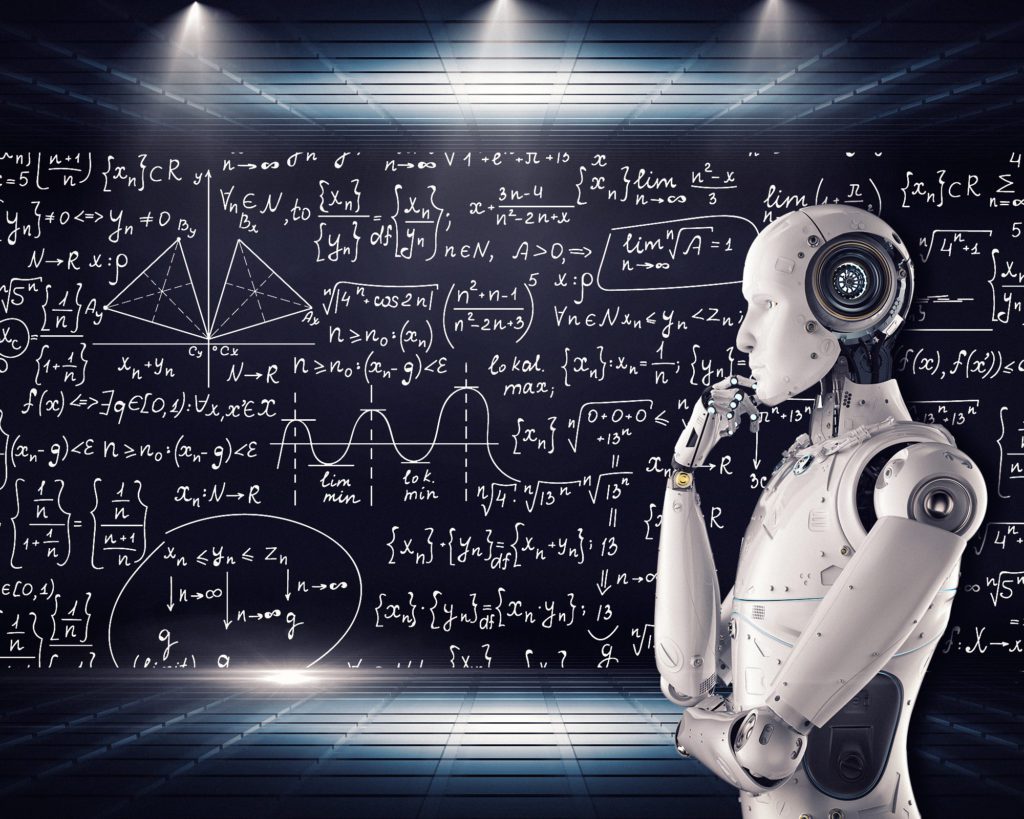Rise by Six: Your Daily Dose of Inspiration
Explore insights and stories that elevate your day.
When Machines Start Learning: Who Needs Humans Anyway?
Discover how machine learning is reshaping our world—will humans become obsolete or find new roles? Dive in to explore!
The Rise of Machine Learning: What It Means for Human Jobs
The rise of machine learning has been a transformative force across various industries, altering how tasks are performed and reshaping the job market. As algorithms become increasingly capable of analyzing data, automating mundane tasks, and predicting outcomes with high accuracy, many fear the consequences for human employment. Reports suggest that up to 50% of jobs could be affected by automation in the coming years. This shift not only raises concerns about job displacement but also creates opportunities for new roles centered around the management and oversight of these technologies.
While some jobs may become obsolete, the evolution of machine learning also paves the way for the emergence of new types of jobs that require different skill sets. For instance, professionals skilled in data science, algorithm design, and AI ethics will be in greater demand as organizations seek to harness the power of machine learning responsibly. To thrive in this changing landscape, workers must adapt by developing proficiency in areas such as programming, critical thinking, and emotional intelligence, ensuring they remain valuable assets in a world increasingly influenced by intelligent machines.

Can Machines Truly Replace Human Creativity? Exploring the Limits of AI
The question of whether machines can truly replace human creativity has sparked intense debate in recent years, particularly with the rise of artificial intelligence (AI) technologies. While AI can produce impressive works of art, music, and literature, its creations often lack the depth of meaning and emotional resonance that characterize human artistry. Many argue that creativity is inherently tied to human experience, consciousness, and culture, aspects that machines cannot replicate. As AI continues to evolve, it raises a pivotal question: can these tools enhance our creative potential or merely serve as imitations of human ingenuity?
Despite advances in machine learning and generative algorithms, certain elements of human creativity remain markedly elusive for AI. For instance, the ability to draw from personal experiences, empathize with others, and innovate beyond existing frameworks are uniquely human traits. While AI can analyze vast amounts of data and even identify patterns, it struggles to invent ideas that transcend its programming. This limitation suggests that while machines may assist us in the creative process, they are unlikely to fully replace the rich tapestry of thought and feeling that defines human creativity.
The Ethical Implications of AI: Should We Trust Machines with Our Future?
The rapid advancement of artificial intelligence (AI) has ushered in a new era of technological innovation, but it has also raised significant ethical implications. As machines increasingly take on roles that were once the purview of humans, questions arise about their decision-making processes, accountability, and potential biases. Should we trust AI to make critical choices in our lives, such as in healthcare, criminal justice, and autonomous vehicles? The vast amount of data AI systems rely on can inadvertently perpetuate existing inequalities, leading to outcomes that may undermine social justice and fairness. In this landscape, it is crucial to scrutinize how AI models are trained and the ethical frameworks that guide their implementation.
Moreover, the future of humanity is at stake as we integrate AI more deeply into society. With machines making decisions on our behalf, there is a risk of diminishing human agency and accountability. If AI systems err or cause harm, who bears the responsibility? Is it the developers, the users, or the machines themselves? These questions underscore the importance of establishing ethical guidelines that not only govern AI development but also ensure transparency and fairness in its usage. Ultimately, as we navigate the complex relationship between humanity and technology, we must critically assess whether relying on machines is a leap of faith we are ready to take.